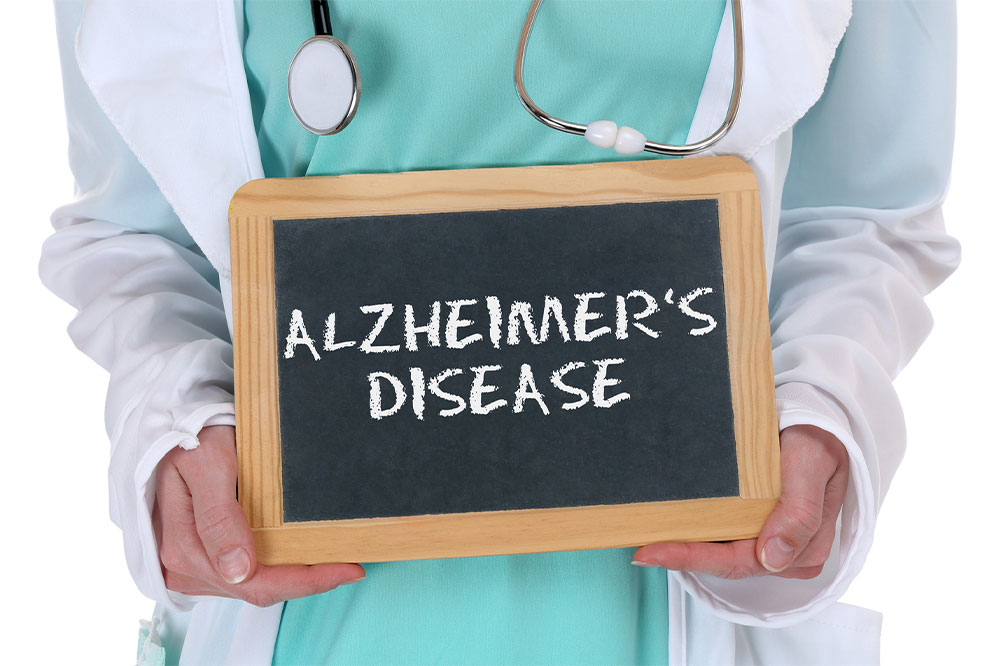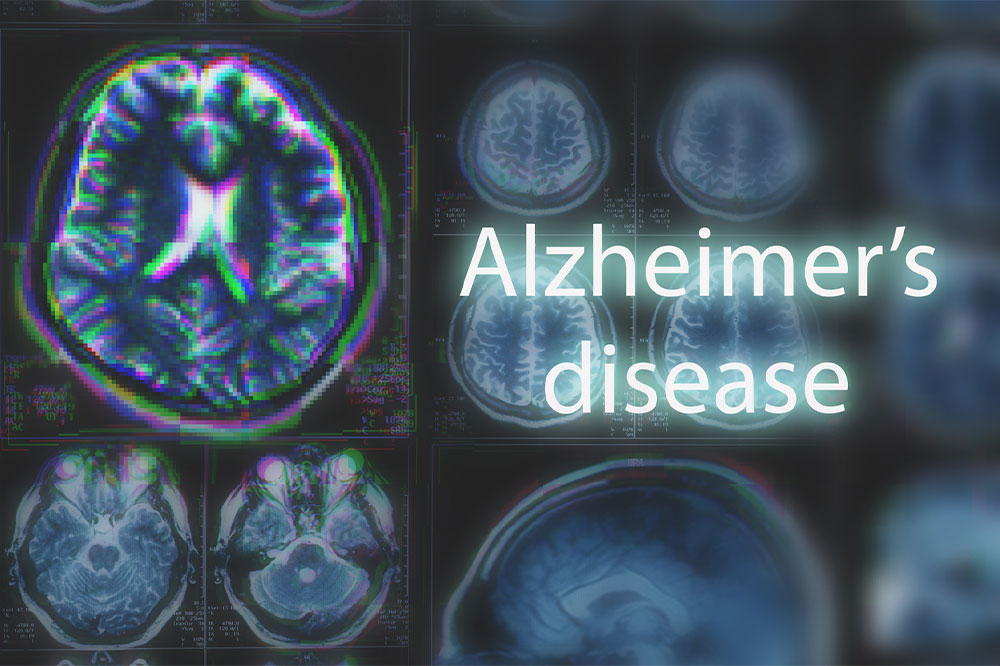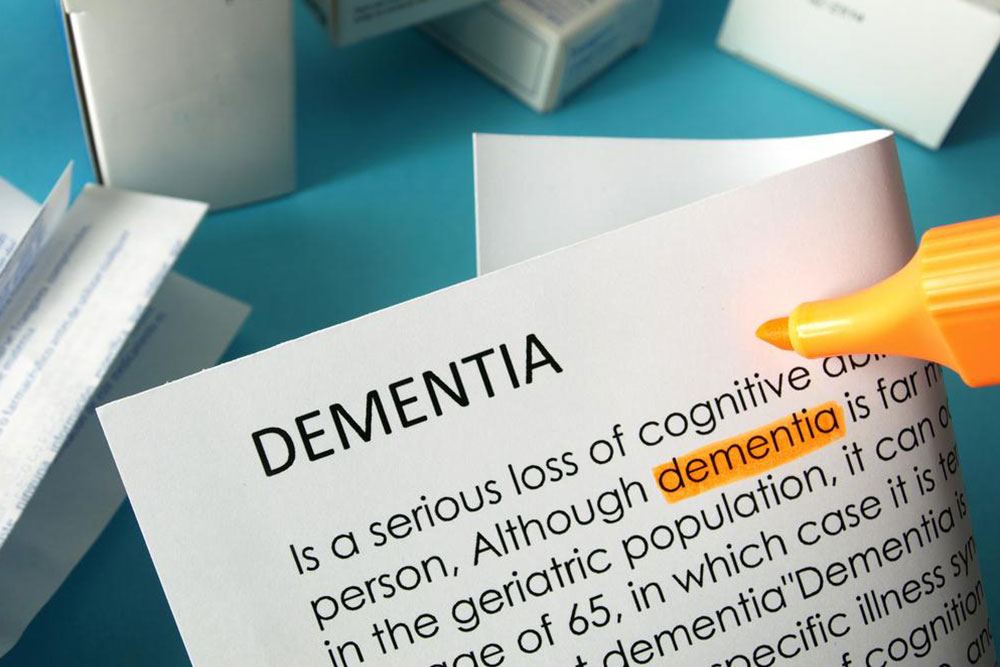Recognizing the Early Warning Signs of Alzheimer’s Disease
Early detection of Alzheimer’s disease is essential for effective management. Recognizing signs such as persistent memory loss, disorientation, and behavioral changes can help individuals seek timely medical help. This comprehensive guide details symptoms to watch for and emphasizes the importance of distinguishing normal aging from cognitive decline. Early diagnosis allows for better planning and support, improving quality of life for affected individuals. Stay informed about the key warning signs and take proactive steps to safeguard cognitive health and independence.

Imagine experiencing the frustrating difficulty of recalling how to get back home after running errands or struggling to remember a close friend's name. These common yet concerning experiences are often among the initial signs indicating the onset of Alzheimer’s disease, a progressive neurodegenerative disorder that affects millions worldwide. Early detection of Alzheimer’s is vital for managing symptoms, planning care, and improving quality of life, even though current treatments cannot halt or reverse its progression. Understanding the early symptoms can empower individuals and their loved ones to seek timely medical advice and intervention.
Alzheimer’s disease manifests gradually, with symptoms worsening over time and progressively impairing daily functioning. In the initial stages, individuals might notice minor memory lapses or slight confusion, but as the disease advances, cognitive decline becomes more pronounced, affecting communication, reasoning, and independence. It’s essential to differentiate between normal aging-related forgetfulness and the more persistent and severe signs indicative of Alzheimer’s to facilitate early diagnosis.
Key Early Signs of Alzheimer’s Disease
Recognizing the early symptoms associated with Alzheimer’s can significantly impact the effectiveness of management strategies and improve the patient's quality of life. Here are some of the most common warning signs to watch for:
Memory Loss Disrupting Daily Life: One of the hallmark symptoms is persistent forgetfulness that disrupts daily routines. This includes forgetting important dates or events, repeatedly asking for the same information, or relying heavily on memory aids (like calendars or notes) to remember things. For example, losing track of appointments or forgetting how to perform familiar tasks such as cooking or cleaning can be indicators of cognitive decline.
Difficulty Concentrating and Problem-Solving: Tasks that once seemed simple, such as following a recipe, managing finances, or solving puzzles, become increasingly challenging. Individuals may find it hard to focus on conversations or work through straightforward problems, leading to frustration or withdrawal from cognitively demanding activities.
Disorientation to Time and Place: Individuals might lose track of dates, seasons, or the passage of time. They may forget where they are or how they arrived there, even in familiar environments. This disorientation can be confusing and frightening, increasing the risk of accidents or getting lost.
Problems with Spatial Awareness and Visual Perception: Challenges in judging distances, determining colors, or understanding spatial relationships can cause difficulties in navigating environments. Tasks like driving or recognizing objects may become hazardous, increasing the risk for accidents and falls.
Impaired Judgement and Decision-Making: Difficulties in making sound decisions are common. This may involve poor judgment regarding personal safety, financial affairs, or hygiene. For example, individuals may inappropriately give away large sums of money or neglect personal grooming, hygiene, or safety protocols.
Emotional and Behavioral Changes: Mood swings, increased anxiety, suspicion, or irritability are typical early signs. Changes in personality or becoming withdrawn from social activities may also occur, especially outside familiar settings or when routines are disrupted.
Frustration and Decreased Ability to Cope: As cognitive abilities decline, individuals may experience heightened frustration, agitation, or discontent. Coordination issues and a loss of independence often lead to further emotional distress, highlighting their awareness of cognitive decline.
Distinguishing Normal Aging from Alzheimer’s
While occasional forgetfulness is a natural part of aging, persistent and progressive memory issues should raise concern. The key difference lies in frequency, severity, and impact on daily life. Normal aging might involve misplacing keys or forgetting names temporarily, but these issues typically resolve quickly or become less frequent. Conversely, Alzheimer’s-related forgetfulness persists and worsens over time, affecting a person’s ability to perform routine activities and maintain independence.
Recognizing these early warning signs is critical for seeking appropriate medical assessment. If you or a loved one experience any of these symptoms regularly, consulting a healthcare professional specializing in cognitive disorders is advisable. Early diagnosis not only helps in managing symptoms but also provides access to support services, medications, and planning for future care needs.
Conclusion
Alzheimer’s disease remains a challenge globally, but awareness of its early signs can lead to earlier intervention and better management. Paying close attention to memory lapses, disorientation, and behavioral changes can make a significant difference in outcomes. As research continues to advance, ongoing support, lifestyle adjustments, and medical treatments aim to improve the lives of those affected. Education and vigilance are your best tools in recognizing Alzheimer’s early and taking proactive steps toward maintaining cognitive health and personal safety.





